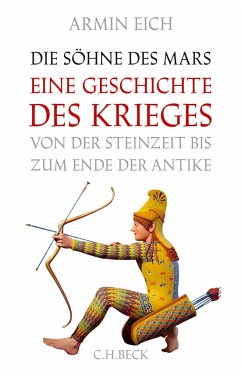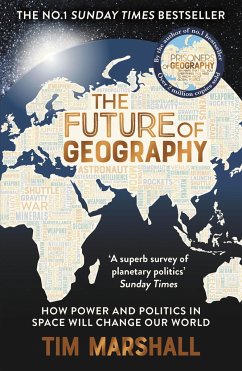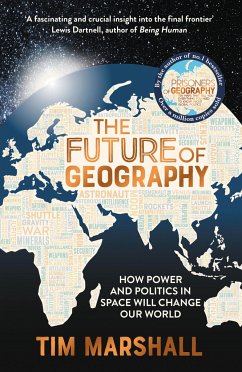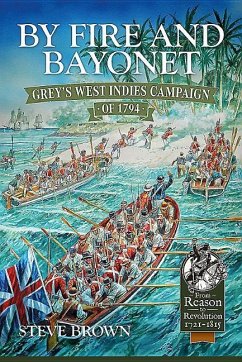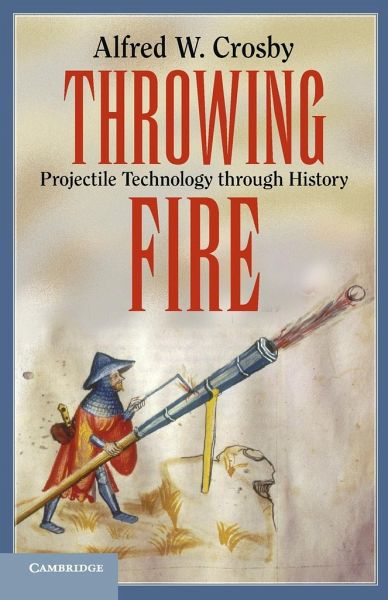
Throwing Fire

PAYBACK Punkte
16 °P sammeln!
Historian Alfred W. Crosby looks at hard, accurate throwing and the manipulation of fire as unique human capabilities. Humans began throwing rocks in prehistory and then progressed to javelins, atlatls, bows and arrows. We learned to make fire by friction and used it to cook, drive game, burn out rivals, and alter landscapes. In historic times we invented catapults, trebuchets, and such flammable liquids as Greek Fire. About 1,000 years ago we invented gunpowder, which accelerated the rise of empires and the advance of European imperialism. In the 20th century, gunpowder weaponry enabled us to...
Historian Alfred W. Crosby looks at hard, accurate throwing and the manipulation of fire as unique human capabilities. Humans began throwing rocks in prehistory and then progressed to javelins, atlatls, bows and arrows. We learned to make fire by friction and used it to cook, drive game, burn out rivals, and alter landscapes. In historic times we invented catapults, trebuchets, and such flammable liquids as Greek Fire. About 1,000 years ago we invented gunpowder, which accelerated the rise of empires and the advance of European imperialism. In the 20th century, gunpowder weaponry enabled us to wage the most destructive wars of all time, peaking at the end of World War II with the V-2 and atomic bomb. Today, we have turned our projectile talents to space travel which may make it possible for our species to migrate to other bodies of our solar system and even other star systems.








